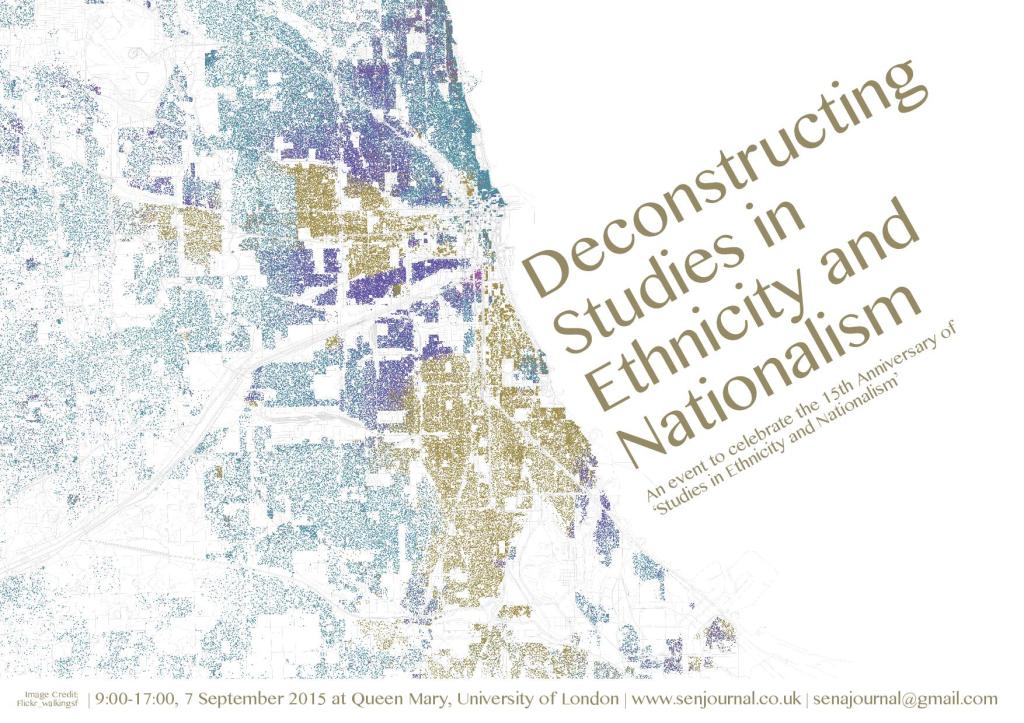24-25 April 2018 at University of Edinburgh
The Paris Peace Conference of 1919 and the establishment of the League of Nations in 1920 mark key moments in the attempt to build an ‘international community’ to settle disputes between nation-states fairly and without resort to violence. It thus stands beside the Peace of Westphalia, or the Congress of Vienna as a landmark attempt to build a lasting peace after a protracted and highly destructive war.
Unlike these previous Eurocentric moments, Paris was a global affair dominated by the triumphant western powers. The decision to apply Woodrow Wilson’s principle of national self-determination to the territories of the defeated powers raised the question of its more general application. There were subjects of formal and informal colonial rule urging the extension of the principle (e.g., Ireland, China, Vietnam, India), as well as many states opposed (irredentist Italy, defeated Germany and Hungary, expansionist Japan, the new Soviet Union). Creating nation-states brought with it the problem of national minorities. Wilson had, in the words of his Secretary of State, opened a “Pandora’s box”.
This conference looks at the world of nation-states shaped, successfully or not, by the assumptions and the realpolitik of 1919 and its long aftermath. Its key themes focus on nationalism, nationalities, self-determination, national and ethnic minorities, and international relations over the last century and into the next. On the surface the principle of national self-determination has triumphed. In 1923 the League of Nations had 23 members, and much of the world was under formal imperial rule. Today there are 193 members of the United Nations – successor to the League – and formal empire has virtually disappeared. The events played out at Versailles sparked a wave of nationalism that is still resonating globally today.
The conference aims to explore the short and long term consequences of the events of 1919-20. In the short term there are issues such as creating nation-states, dealing with national minorities within those states, and managing the new international conflicts that were created. In the longer term there is the question of how and why the nation-state has come to be regarded as the key unit of the international community, and what this has meant for nationalism, national and ethnic identity, state sovereignty, and international relations.
The conference is intended to cover cases from all parts of the world and welcomes papers based on different theoretical perspectives and methodological approaches, and from different disciplines and fields, such as political science, sociology, history, IR and law.
Themes include:
- The theory and practice of national self-determination
- The destruction of empires and the construction of new nation-states
- The Paris Peace Conference and League views on gender, class and race
- Nationalism and opposition to the League of Nations
- The (alternative) Bolshevik vision of nationhood
- The League of Nations and minorities questions
- The impact of national self-determination on inter-war empires
- The fall of empires and the formation of nation-states after 1945
- Evaluating the concept of national self-determination today
- National identity as a precondition of statehood
- The nation-state as the key objective of nationalist movements
- Nations without states: nationalism opposed to existing nation-states
For more information see the conference website: https://asen.ac.uk/events/asen-annual-conference-2019/


